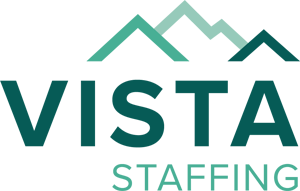
3 Ways To Motivate Your Lab Staff
Published October 27, 2017

Low morale and turnover can impact lab performance. Learn how to put your lab on the road to success.
The need for cardiovascular services is growing at an unprecedented rate. In fact, according to the CDC, anywhere from 2.7 to 6.1 million people in the U.S. are affected by atrial fibrillation and this number is expected to grow to 12 million by 2050. On top of increased demand, many labs are faced with low morale and turnover rates as high as 30 percent. Low morale and high turnover can take a toll on the best of labs as it impacts efficiency and performance, making it difficult to serve the growing patient volume.
So, how can you get morale and turnover under control so you can better meet the high demands for care? Here are 3 ways you can motivate employees and put your lab on the road to success.
Engage
Ask your lab staff for feedback. Invite them to have input, ask questions and make recommendations. When employees feel like you’re listening then they become more engaged. If you don’t already, holding regular staff meetings where you invite their input is a good place to start. It just may be that the best way to motivate employees is to ask them, “What would make you feel more excited about your job?”
Invest
Investing in your employees can pay huge dividends as it improves morale and reduces turnover. One of the best ways to invest is by providing ongoing learning opportunities. Providing onboarding, group learning sessions, or self-paced online study can make employees feel valued. As a result, they are eager to learn and then put their enhanced knowledge into action which can improve lab efficiency, patient care and outcomes.
Grow
No one likes to become stagnant in their career. Meet with each of your employees and discuss their career path. Help them envision how they can take on more responsibility and move forward in their careers. Make recommendations about special tasks they can take on to build their skills, such as serving on a committee. Point them towards learning opportunities such as earning continuing education credits or studying for the RCES certification. Help them work on personal characteristics or performance improvements that can give their career a boost. Finally, set a date to reconvene, evaluate progress and make a decision on a potential promotion.
By engaging, investing in and growing your lab staff you will see improvements in morale, turnover and overall lab performance. To explore education options, check out our Free Training Guide.
{{cta(‘634f35be-6231-4de8-85b2-11b20319b31d’,’justifyleft’)}}
 company
company 
 866.465.6286
866.465.6286











